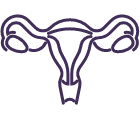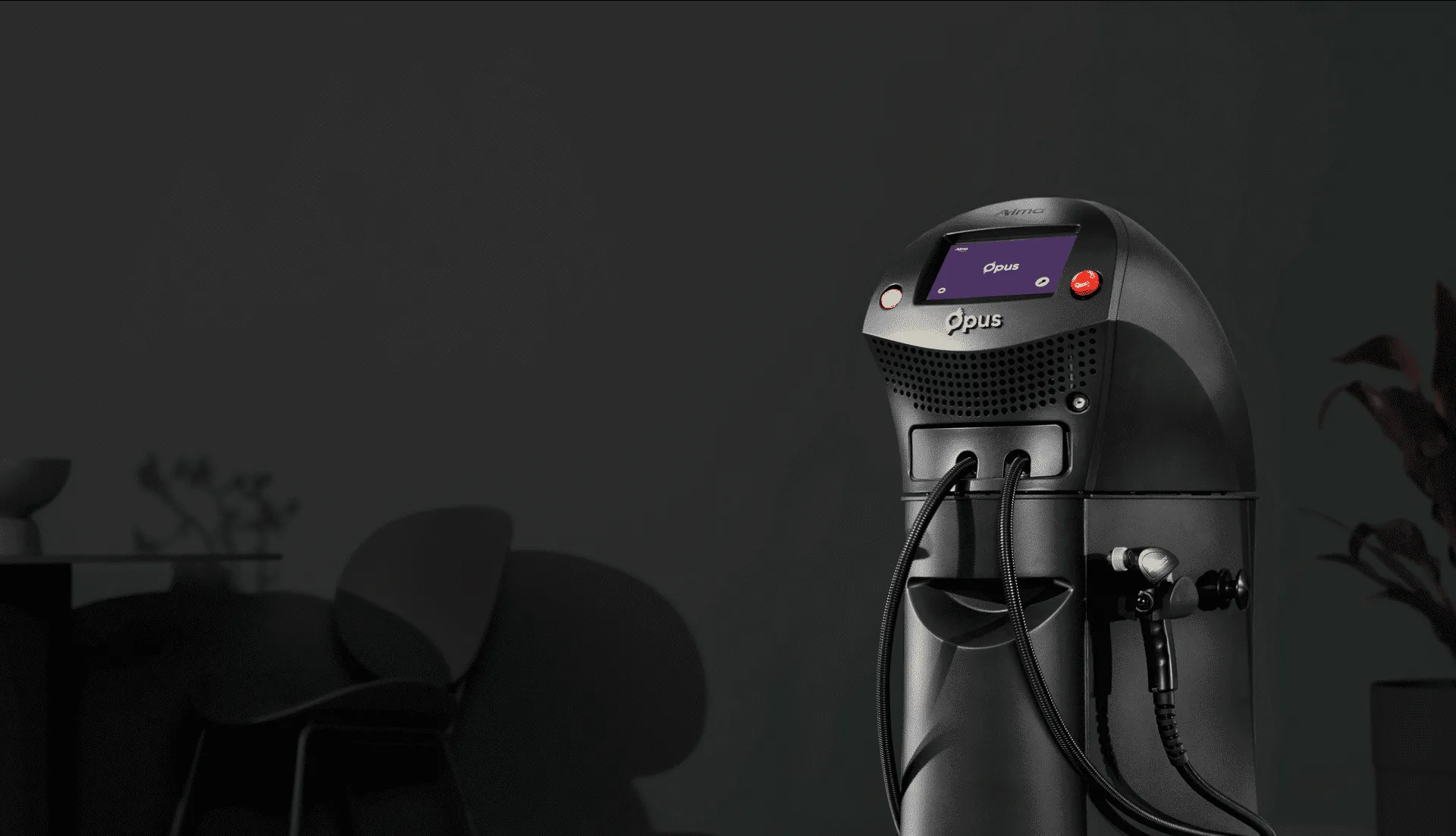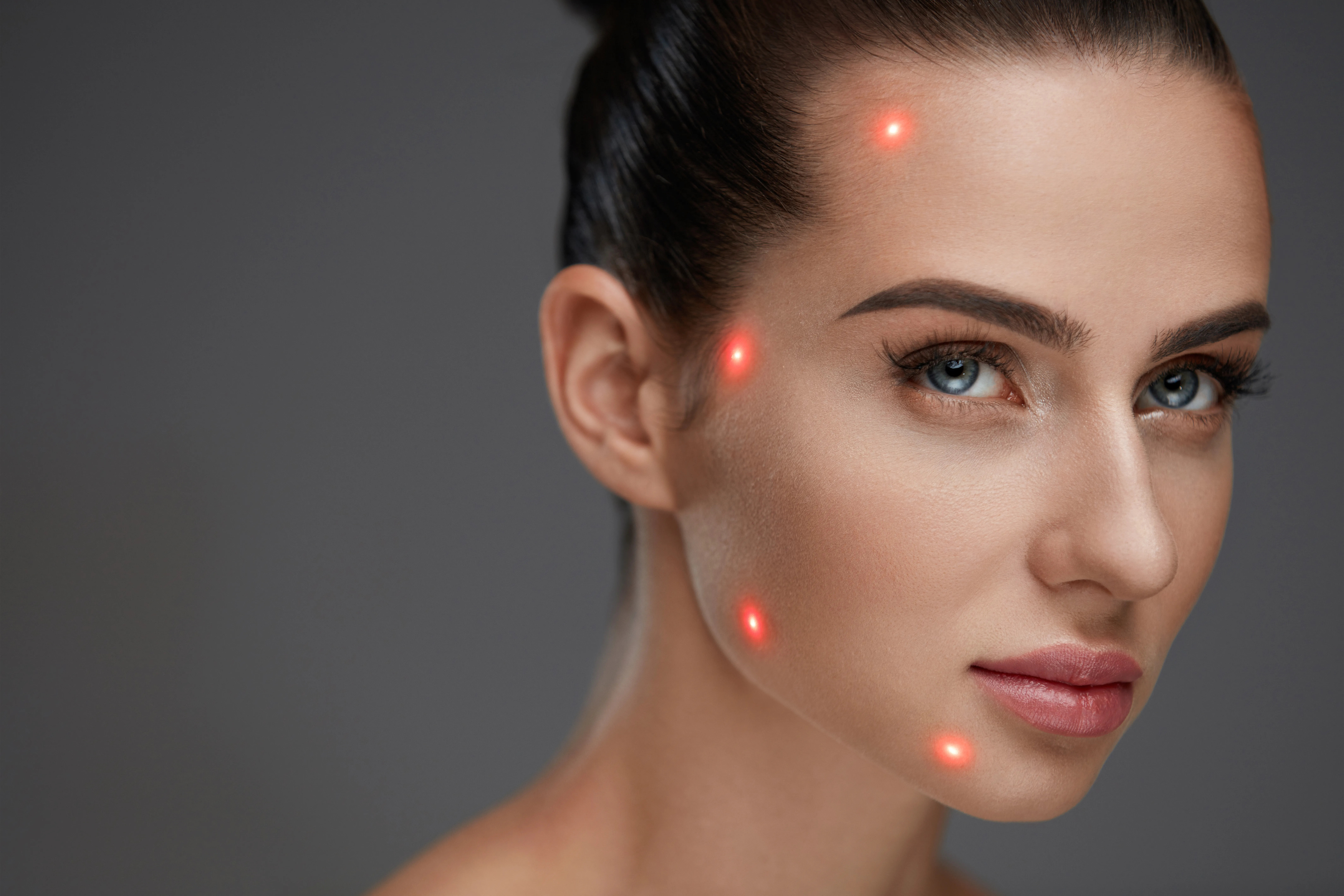Laser hair removal is becoming more accessible and starting to become the hair-removal option of choice for people who simply no longer want the hassle of dealing with unwanted body hair. It’s considered a semi-permanent removal and can last for years in the right conditions.
But how long does it really last, and how effective is it? Here are the conditions which may affect the longevity and effectiveness of laser hair removal on your body.
Different Types, Different Effects
The first thing you have to remember is that there are different methods to laser hair removal. Some may be more effective than others, depending on the thickness of your hair growth and hormonal levels (which affect how quickly and densely hair can grow).
Apart from different hair removal machines, there are different laser removal methods available:
- Ruby – This was designed as a permanent hair reduction method and ideal for fine-growing hair. It uses a wavelength of 694nm and targets melanin. It is not recommended for individuals with dark skin.
- Alexandrite – Currently the most popular hair removal laser method. It’s also swift, with treatments lasting as little as half an hour, but the speed’s downside is pain. Its wavelength is 755nm, making it suitable for olive-toned individuals.
- Nd:YAG – This is one of the latest developments in laser hair removal, and it can do more than remove hair. It can also remove tattoos and correct sun damage. It operates at a 1064nm wavelength and is safe for all skin types and tones. Best used for light-skinned individuals with dark hair.
- IPL – Among the different types, this is not a “laser” in itself—it uses “intense pulsed light”, hence its name. Like the other lasers, it targets the melanin in hair follicles.
Why Does This Matter?
It explains why some people have hair that grows back faster, even with laser hair removal. For some people, using the correct type of laser will make the effects last longer. Utilizing the suitable laser best for your skin type and hair growth could have excellent results.
However, during your laser treatments, you should expect to see regrowth. This won’t be an immediate process, and you will need to have recurring appointments with a clinic to complete your hair removal treatment.
Depending on the laser used, your skin type, and your hormones, you could experience a permanent result of your hair removal. However, it’s also possible that your hair will grow back in a year or two but would be very sparse and delicate.
Location, Location, Location
Where you’ll be getting the treatment also matters. Your androgen levels (particularly for people with dehydroepiandrosterone and testosterone) can affect the thickness and density of hair growth. As a result, even if you had laser treatment done on your chin and neck, upper lip, and sideburns, you’ll experience regrowth sooner.
Remember that regrowth on the face can be highly likely compared to the rest of your body. But some people have reported up to ten years of having no regrowth following laser hair removal, so your experience may vary. It may also coincide with menopausal estrogen levels.
If you experience regrowth sooner, you may want to consider an annual appointment with your skincare clinic for a repeat treatment.
Consult the Experts to Find the Best Treatment For You
Knowing the correct type of laser for your body and skin matters if you want to experience the longest-lasting effects of laser hair removal. Consulting with experts who know what they’re doing and can provide top-of-the-line technologies for laser hair removal can make all the difference.
Not sure what laser type is right for you, or not sure what kind of hair removal process you need for your body? Consult with us today or look through our range of treatment types to know more.


















